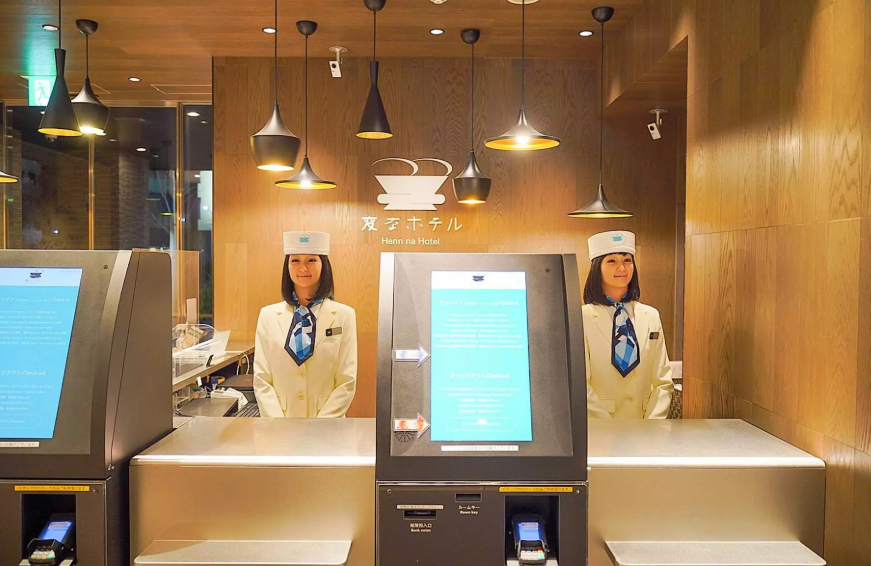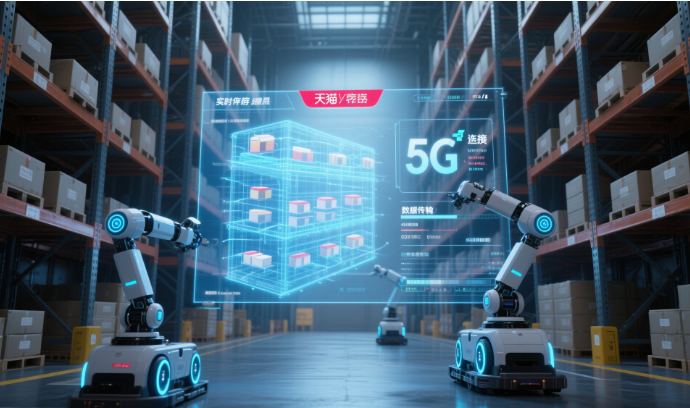Meituan, China's dominant food delivery and lifestyle services platform, has embarked on a transformative journey to integrate robotics and AI into its kitchen operations. This expansion isn't merely about efficiency—it's a strategic move to future-proof its business against rising labor costs, consumer demand for speed, and intensifying competition from rivals like Douyin (TikTok’s Chinese counterpart). With investments in AI-driven appliances, autonomous delivery systems, and smart kitchen ecosystems, Meituan aims to redefine the automated food preparation landscape. Let's unpack the milestones, technologies, and implications of this revolution.
Timeline of Meituan's Robotic Kitchen Innovations
The Genesis: 2021–2023
Meituan's robotic kitchen journey began in earnest in 2021 with the launch of its enterprise platform, initially tailored for internal employee meal management. By 2023, this system evolved into a commercial solution adopted by over 10,000 businesses across sectors like banking and logistics, slashing reimbursement processing time by 4.4 hours per employee and boosting financial efficiency by 90% .
2024: Scaling AI and Robotics Partnerships
In 2024, Meituan deepened its commitment to automation by partnering with leading robotics firms. Investments in companies like Li Biao Robotics (automated weighing systems) and Jiu Shi Intelligent (mobile robots) positioned Meituan to deploy AI-driven kitchen appliances. Notably, its collaboration with Yushifang (a commercial AI cooking robot developer) enabled 2-minute dish preparation and seamless integration with drone delivery networks .
2025: Full - Scale Commercialization
By mid - 2025, Meituan rolled out pilot projects in major cities, featuring fully automated kitchens powered by multi - functional robots. These systems handle everything from ingredient chopping to plating, reducing reliance on human chefs by 70% in trial locations. Concurrently, the company announced plans to integrate its drone delivery fleet with robotic kitchens, targeting a 20 - minute order fulfillment window .
Key Technologies Driving Meituan's Robotic Kitchens
AI - Powered Cooking Systems
Meituan's AI recipe optimization algorithms analyze consumer preferences and historical data to adjust seasoning and cooking parameters in real time. For instance, its partnership with Yushifang uses deep learning to replicate regional dishes like Sichuan hotpot, achieving a 95% taste accuracy rate .
Autonomous Logistics Integration
The company's drone and autonomous vehicle fleets, operational since 2017, now complement robotic kitchens. In 2024, Meituan reported cumulative commercial drone deliveries of 1.4 million orders, with plans to expand to Middle Eastern markets . This synergy ensures dishes are prepared and delivered within 25 minutes, even in congested urban areas.
IoT - Enabled Kitchen Management
Sensors and IoT devices monitor real - time kitchen metrics—temperature, ingredient inventory, and equipment status. This data feeds into Meituan’s central AI dashboard, enabling predictive maintenance and minimizing downtime. For example, its smart wok systems reduce oil consumption by 20% through optimized heating cycles .

Challenges and Industry Impact
Labor Dynamics and Job Displacement Concerns
While automation boosts efficiency, it raises questions about workforce displacement. Meituan acknowledges this, stating its goal is to “augment, not replace” human workers. The company plans to retrain staff for roles in AI oversight and robotic maintenance, estimating a 30% net job growth in its catering ecosystem by 2026 .
Regulatory and Safety Hurdles
Automated kitchens face stringent food safety regulations. Meituan's blockchain - enabled traceability systems track ingredients from farm to kitchen, ensuring compliance. However, regulatory approvals for drone deliveries remain a bottleneck, particularly in densely populated regions .
Market Competition and Consumer Adoption
Competitors like Alibaba's Ele.me and Douyin's food delivery arm are accelerating similar initiatives. Meituan's edge lies in its hybrid model—combining AI with its entrenched delivery network. Surveys indicate 65% of consumers prefer robotic kitchens for faster service, though 40% express skepticism about taste consistency .
Future Outlook: Meituan's Vision for 2030
Meituan envisions a future where robotic kitchens are ubiquitous, supported by self - optimizing AI models. Key milestones include:
2026: Full - scale deployment of modular kitchens in 500 cities, supporting 10,000+ dish variations.
2027: Introduction of 3D food printing for allergen - free and diet - customized meals.
2030: Achieving 50% carbon neutrality in food production via renewable energy - powered robots.
Conclusion: A Culinary Revolution at Your Doorstep
Meituan's robotic kitchen expansion isn’t just about technology—it's a redefinition of convenience and sustainability. By merging AI, robotics, and logistics, the company is setting a new benchmark for the food industry. As these innovations mature, consumers can expect faster, safer, and more personalized dining experiences, while businesses leverage automation to thrive in an evolving market.




